In an address at a recent summit of Muslim and Arab leaders, Saudi Crown Prince Mohammed bin Salman condemned Israel’s actions in Gaza as “genocide,” marking one of the strongest criticisms of Israel by a Saudi leader. The prince also denounced Israeli military actions in Lebanon and warned against attacks on Iran, underscoring Saudi Arabia’s stance on the intensifying conflict. His comments come amid rising tensions between Israel and neighboring countries and reveal strengthening ties between Saudi Arabia and Iran, long-time regional rivals.

At the summit, Saudi Foreign Minister Prince Faisal Bin Farhan Al-Saud criticized the international community for its failure to end the conflict, accusing Israel of causing starvation in Gaza. He urged global powers to end what he described as Israel’s “aggression” and called for a complete Israeli withdrawal from the West Bank and Gaza.
Rising Humanitarian Concerns in Gaza
The Gaza conflict, sparked by Hamas’s October 2023 attack on Israel, has led to severe humanitarian crises. According to the Hamas-run health ministry, over 43,400 people in Gaza have died amid ongoing Israeli airstrikes. A UN report also found that nearly 70% of verified casualties in Gaza over the past six months were women and children, adding to concerns about the impact on civilians.

The summit also saw leaders condemning Israel’s recent legislative move to ban UNRWA, the UN Palestinian refugee agency, from operating in Israel and East Jerusalem. This action has raised global concerns, including from the US and UK, about limited humanitarian access to Gaza.
International Implications and Trump’s Role
The backdrop of the summit includes Donald Trump’s potential return to the White House. Gulf leaders, aware of his close relationship with Israel, are hopeful he could leverage his diplomatic skills to mediate regional conflicts. Trump’s influence in the Middle East is notable, having established the Abraham Accords, which normalized relations between Israel and several Arab nations, while his controversial moves, like recognizing Jerusalem as Israel’s capital, continue to influence the regional landscape.
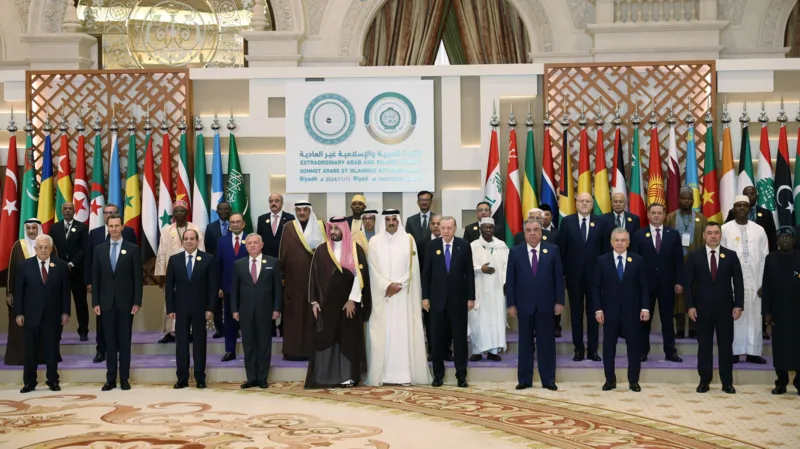
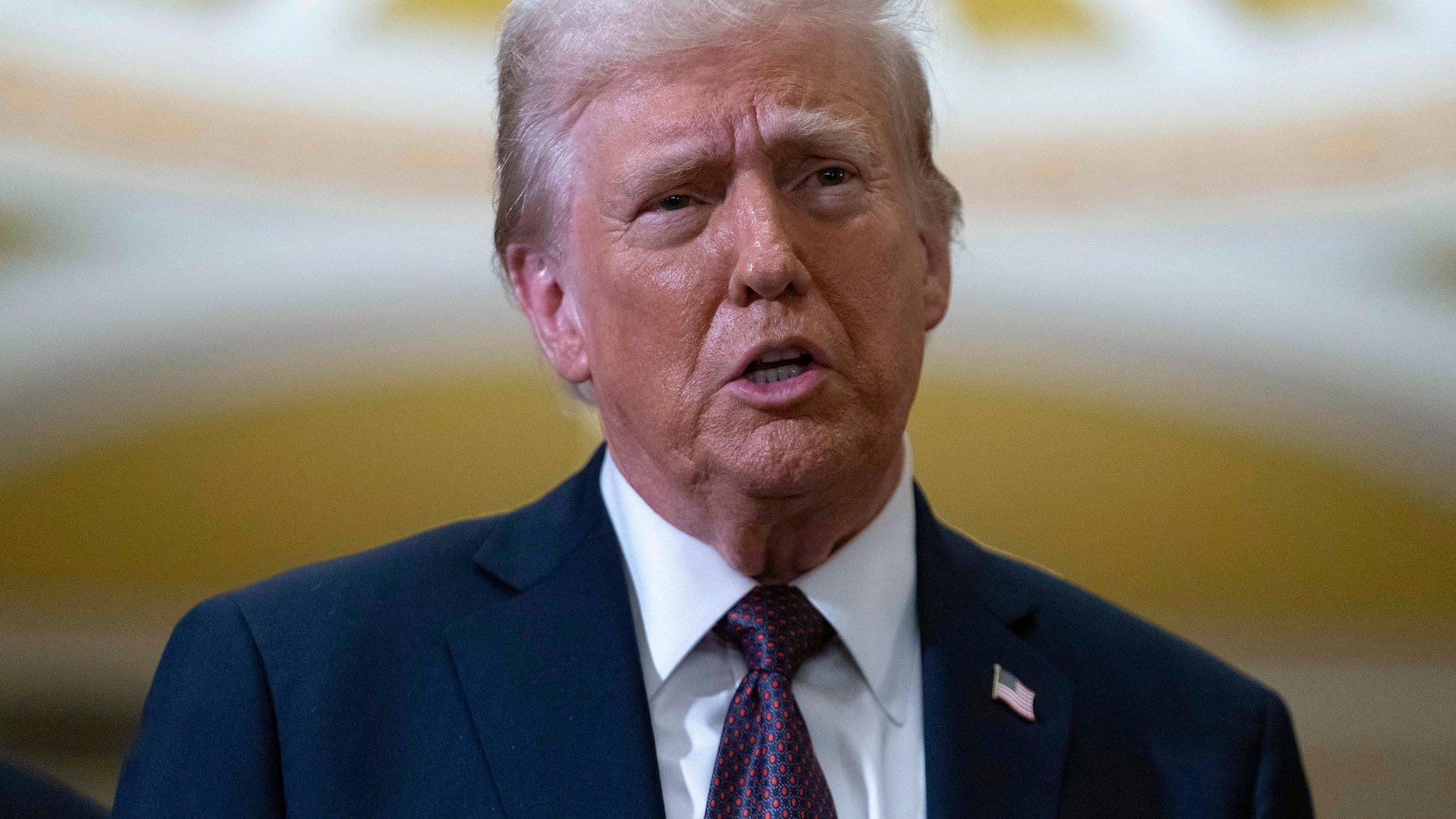
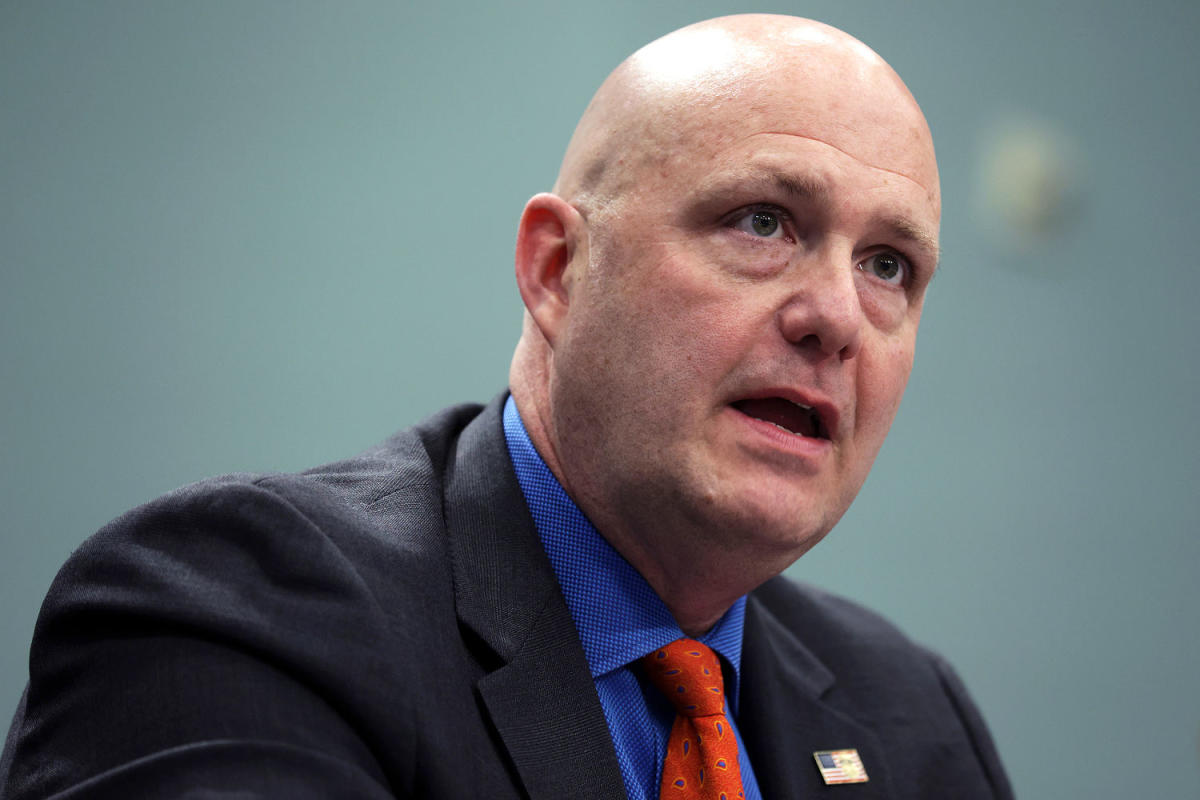
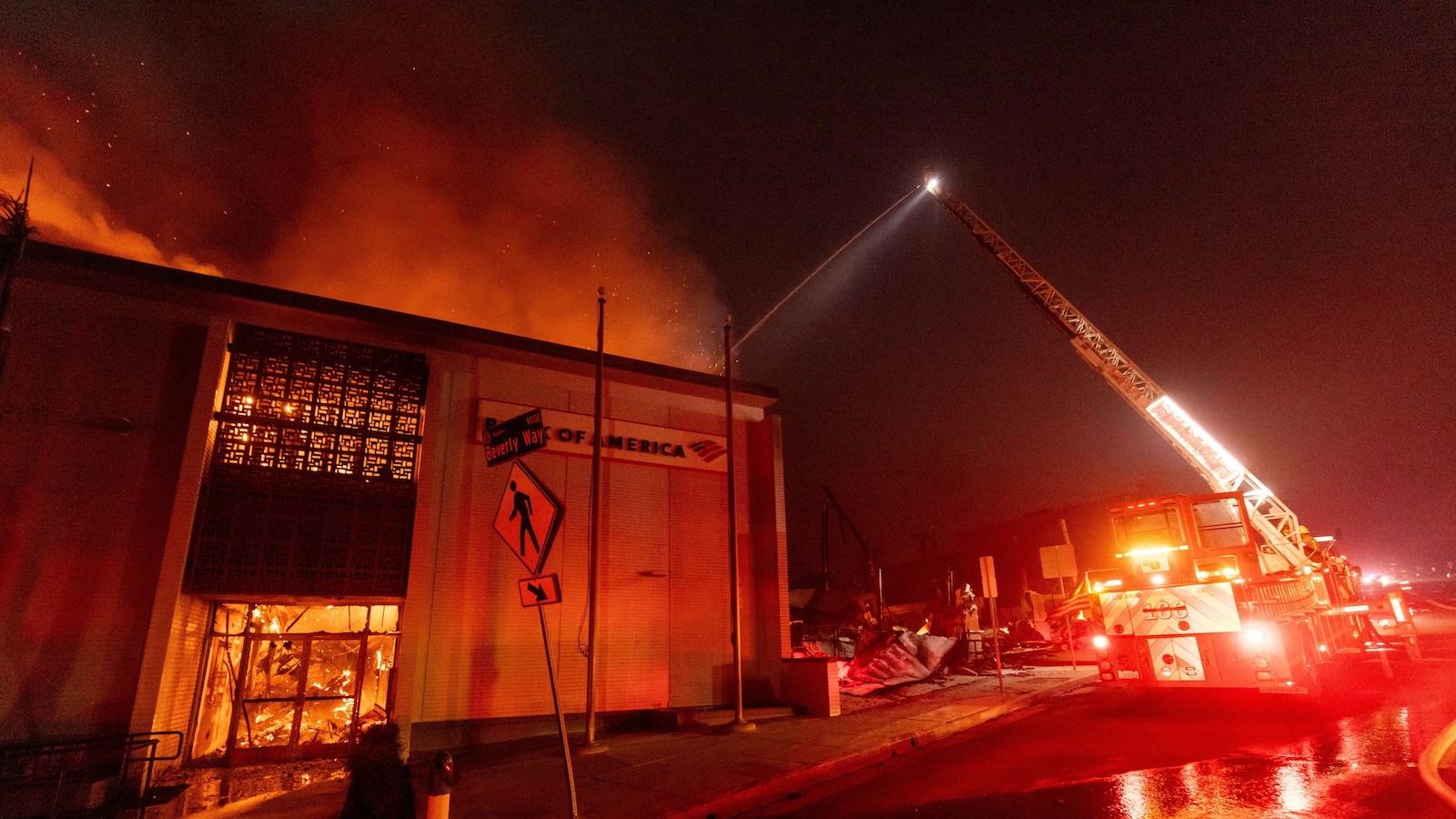
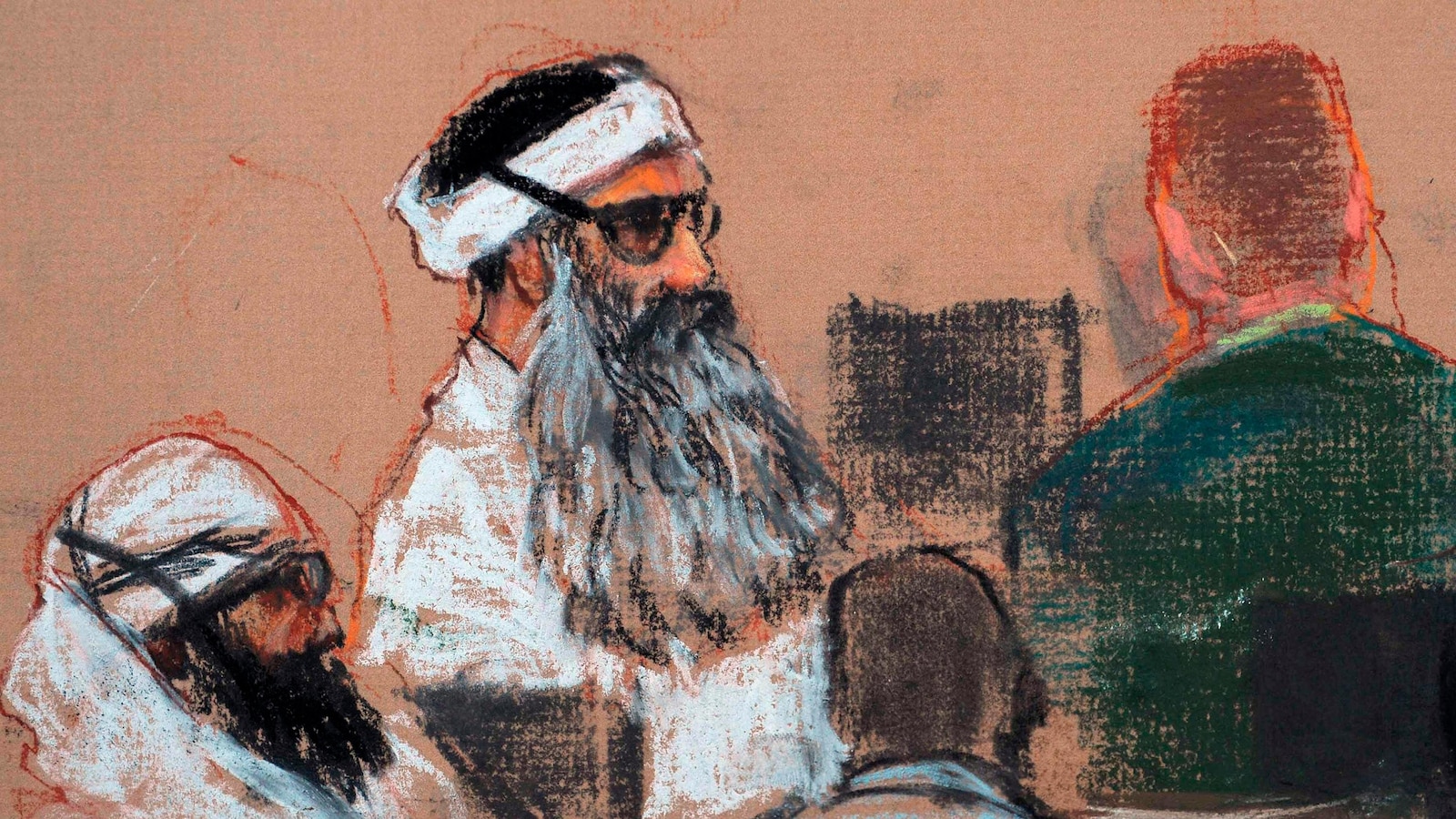
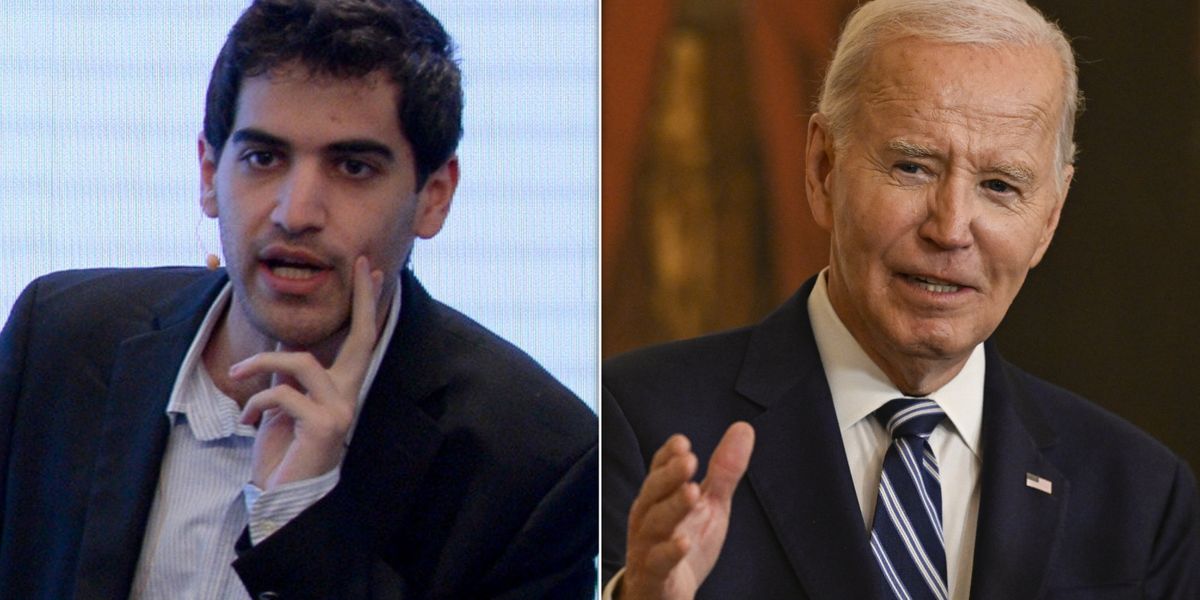

Leave a Reply